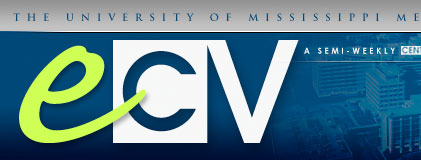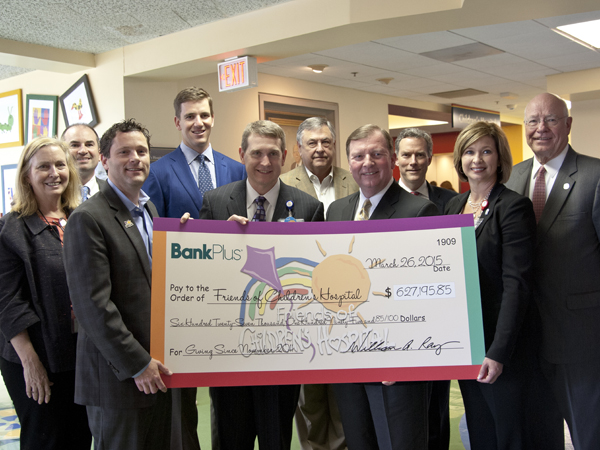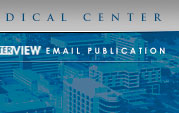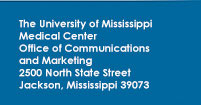|
It's a story of the "little check card that could," according to BankPlus President and CEO Bill Ray.
Ray was referring to the BankPlus Friends of Children's Hospital Check Card, first issued in November 2011. He and other representatives from BankPlus, including football legend Eli Manning, gathered in the lobby of Batson Children's Hospital Thursday to present $627,195 raised from the check card since its inception.
|
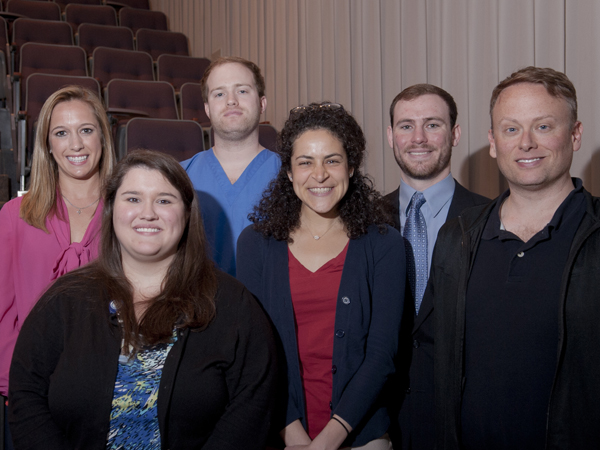
|
The future of patient care says that no health professional is an island.
It insists that health-care givers work and talk more among themselves: dentist and doctor, pharmacist and nurse, researcher and allied-health professional.
|
|
The small gymnasium at Brown Elementary School in Jackson was filled on March 20 with the chatter of students, a typical scene at any school in the country. But these children weren't talking about a history test or after-school plans.
|
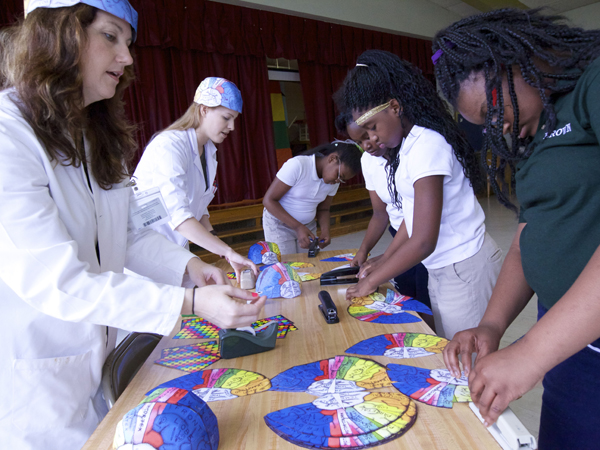
|

|
A number of interesting events is scheduled for the upcoming week at the Medical Center.
|
